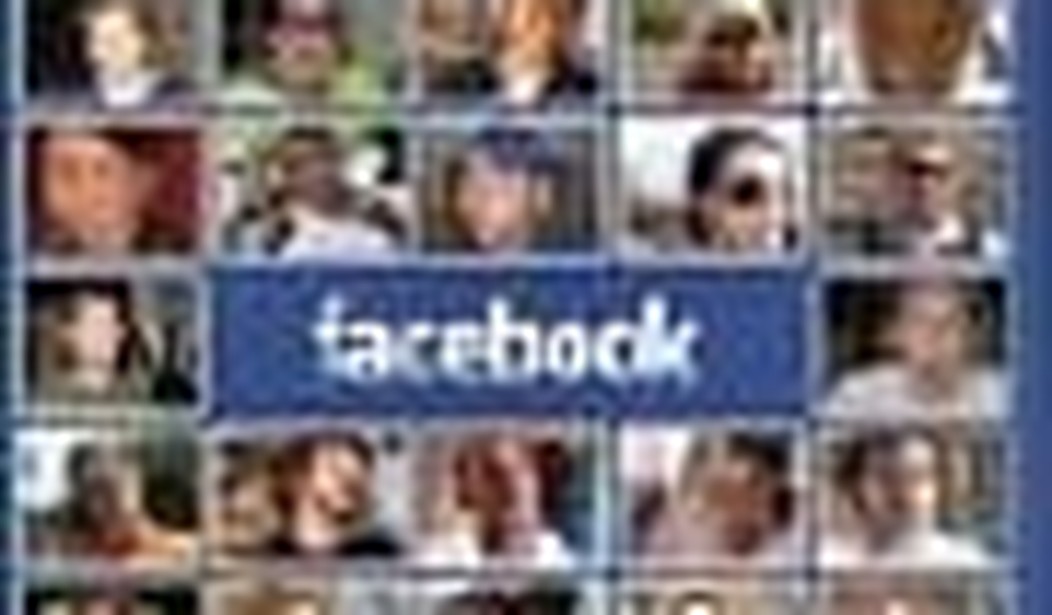There’s an old saying: He who social networks well shall be victorious in the quest to lead the Promised Land on Feb. 10, 2009.
Or something like that. Several weeks ago, I was Facebooking as usual — the best way to stay in touch with old friends, new acquaintances, fellow journalists, and high school classmates without getting spammed — when Benjamin Netanyahu asked to be my Facebook friend. This wasn’t just his page or fan site, which also exist on Facebook, but a profile like that of any other user.
Around the same time, Knesset member Michael Eitan, also of the Likud Party, asked to be my Facebook friend. Then a prominent Israeli political strategist and convert from Kadima to Likud added me. Recently I added Likud MKs Gideon Sa’ar (deputy speaker of the Knesset) and Gilad Erdan.
Granted, utilizing the popularity and reach of social networking sites is as obligatory for politicians these days as it is for journalists. But most politicos set up their Facebook, MySpace, YouTube, and Flickr links on their home pages, have a staffer post updates, and then have a staffer approve friend requests as the fans come to them. Never have I seen such proactive social networking like what’s come out of Likud staffers this campaign season. It’s the 2.0 version of precinct walking. Do you just set up the booth on the corner and wait for voters to come to you, or do you knock on doors and introduce yourself and your platform?
Especially considering Netanyahu and Eitan were sending friend requests to a non-Israeli. But again, that’s a wise move. Do I have a history of supporting Netanyahu and Likud? Yep, like lauding Netanyahu’s foresight on the Gaza withdrawal in a reflective 2006 column. Does Israel’s future depend solely on the support of Israelis? Of course not. So identifying global supporters and keeping them up to speed on the campaign is also wise.
I haven’t been solicited for any campaign donations by my new “friends,” of course. But I do receive more mail from them now than I do from those fellow Class of ’93 members. Granted, a lot of it is in Hebrew, and much comes from the prolific official Facebook group for Netanyahu, administered by Bibi and a handful of other Facebookers in Israel and the United States. They post invitations to Likud events, videos, and other media links, stories and sound bites, photos, discussions, and contact information. And once we became “friends,” Erdan quickly sent out an e-mail linking to his Web site. Netanyahu’s profile uses his status-update feature to post links to stories and events such as the Likud convention.
And in case you wondered, Bibi is all over the Twitter as well. Again, this doesn’t make him unique among politicians, but it is a key cog in a comprehensive campaign strategy that reaches out to myriad voter groups.
One can cite multiple reasons why Benjamin Netanyahu is up in the polls, such as the fact that whenever Kadima initiates a military operation more than a few are left hoping that someone can do it better, that someone being the guy who resigned as finance minister in protest over the security implications of Ariel Sharon’s Gaza disengagement. Likud not only kept its lead over Kadima through the Gaza incursion, but increased it.
But social networking for candidates is more about letting us know that Netanyahu is an Abba fan, likes the movie Gladiator, and also likes Robert DeNiro (badasses stick together). It’s giving people whose doors will never be knocked on or whose baby may never be kissed a link to the candidate on a slightly more personal level. It gives politicians a chance to interact with voters and to get their messages out in a medium that’s a lot cheaper and has greater range than those annoying mailers.
Hands down, Barack Obama triumphed in the battle of employing the new media and social networking to one’s advantage. The day before the presidential election, Obama had 380% more Facebook fans than John McCain, and Obama also blew away McCain on the number of videos uploaded to YouTube and channel views.
Now other politicians, regardless of country, are learning the lessons of the value of good social networking. As concern for the peril faced by Israel as Hamas rearms (again) will drive many voters — including Kadima defectors — toward Netanyahu at the polls on Feb. 10, the former prime minister gives himself the edge to become the next prime minister by fully embracing the next generation of campaigning.









Join the conversation as a VIP Member